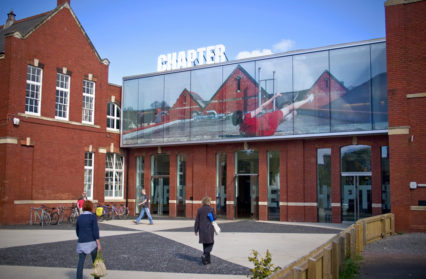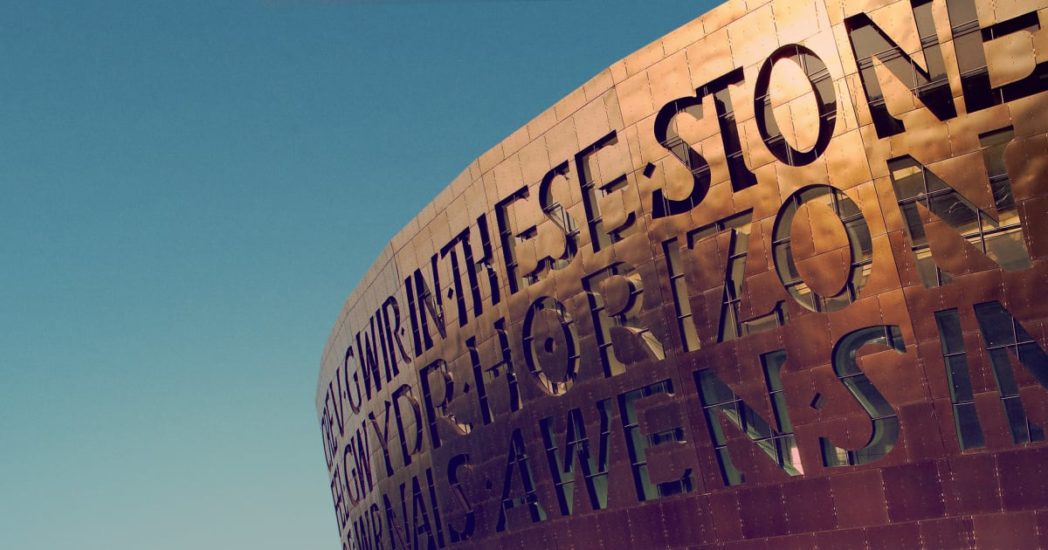In the week that saw the announcement of a £59 million relief package for the Welsh arts sector, Sian Gwenllian, Plaid Cymru Shadow Minister for Culture, argues that the arts should not become collateral damage.
The contribution of the arts to both our national culture and our economy cannot and should not be overlooked. Like many others, Covid-19 has dealt the arts sector a cruel hand. Venues have had to close and do not yet know when they can re-open. Freelancers have been thrown into disarray.
When we talk about ‘the Arts’ in Wales, it’s easy to simplify or generalise. It’s easy to see it as an expendable luxury. But that’s wrong.
The Arts is artists, directors, authors, producers, performers, actors, independent music venues, freelancers, musicians and singers. It’s an economy. It’s an industry. It’s an ecology. It’s also a reflection of who we are. It’s our very soul as a nation.
We cannot allow it to become Covid’s collateral damage.
For months the sector has been shouting from the rooftops for support and leadership through the crisis only to be left to defend themselves for months leading to redundancy consultation periods across the industry – an irreversible process.
The announcement we saw this week of £59 million for the arts in Wales was therefore a welcome relief for many within the sector – although it was disappointing that no commitment came from the Welsh Government that it will, in fact, utilise the money to save the industry.
In response to this, alongside Adam Price, the Leader of Plaid Cymru, I co-wrote an open letter to First Minister Mark Drakeford. Our letter was backed by almost seventy major names within the Arts in Wales including Charlotte Church and Catrin Finch. An open letter on our party website have garnered over 500 responses.
We want the Welsh Government to establish an emergency taskforce – made up of industry representatives to the inform the government’s actions in saving the industry; investing in the workforce as part of a Covid-19 recovery plan, and publishing a road-map to recovery with time-frames and re-imagination of business models for post lock down functioning.
The industry brings £2.2 billion to the Welsh economy every year. Culturally and economically, it cannot be allowed to fall.
But it’s more than that.
The arts could play a central role in overcoming the crisis. In recovery. In helping people understand and process what they’ve gone through and what they’re still going through. The arts can be a part of the solution if it is given the opportunity to do so, rather than becoming collateral damage.
Supporting the whole sector and recognising its role in helping people across Wales to express and decipher the Covid emergency and lockdown has to be a central and integral part of the Welsh Government’s Covid recovery plans.
After all, the Arts has helped so many over this difficult period. A period which has been unprecedented. A period that’s been a huge psychological blow to everyone, whatever their circumstances. For many households, the reprieve offered by music, literature and drama has been a lifeline. It’s been a reminder of how valued the Arts are, and why it was funded in the first place.
The Arts plays an intrinsic role here in Wales; not only historically and culturally, but in our everyday lives. It has played a crucial role in helping people deal with the significant psychological pressures caused by the lockdown; we have all taken comfort in music, books, TV, or films – all products of the Arts Sector.
The Welsh arts scene has always been an important part of preventing problems escalating. Creative arts have been embedded in our curriculum and it’s an important part of our identity. The Welsh arts scene is very different to England and I’d like to see Wales lead the way in playing to our strengths and using our creative industry to help us get through the negative impact of extended periods of lockdown.
And we don’t just stand to lose what we had. It won’t be the odd trip to the theatre or the odd gig here and there that we’ll miss. It’s all the art that has not yet come to be. It’s all the stories that won’t be told. It’s all the theatre performances that won’t see a curtain rise or fall. It’s all the power behind songs that will never be performed.
The arts is more than an economic asset, and more than the contribution it makes to Wales’ culture – it is the heart of Wales, it’s who we are.
If we don’t put creative arts right in the centre of initiatives, and don’t give them a role during the pandemic, I fear that we risk losing talented people if the arts become collateral damage and that’s too important to ignore. We are talking about an investment in our future, and we owe it to future generations in Wales to protect this crucial part of our society. The Well-being of Future Generations Act refers to evidence that shows that ‘valuing arts and creativity is beneficial for our economic, environmental, social and cultural well-being’. We cannot rob ourselves, nor our children and grandchildren of such a significant contributor to well-being.”.
You might also like…
Siân Gwenllian is the deputy leader of Plaid Cymru and a member of the Culture, Welsh Language and Communications Committee in the Senedd. Here she argues that Wales’s arts sector is not being looked after in its time of direst need with many programmes suffering from underfunding, and that the future of its very existence is hanging by a thread.












